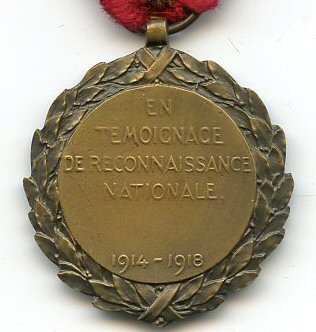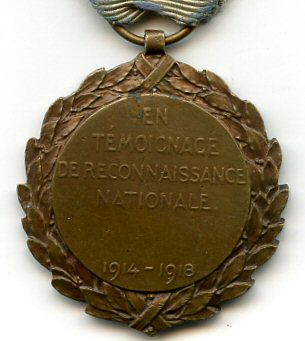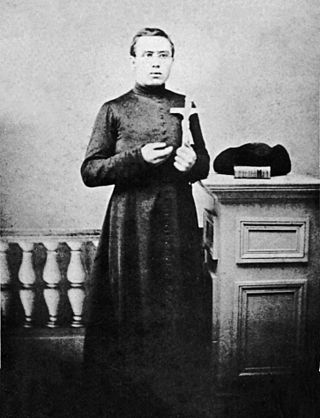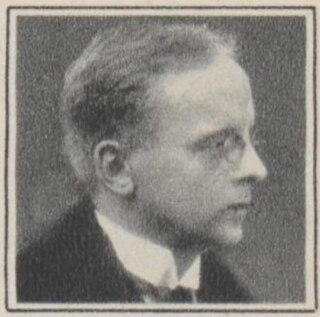
Albert I was King of the Belgians from 23 December 1909 until his death in 1934. He is popularly referred to as the Knight King or Soldier King in Belgium in reference to his role during World War I.

The monarchy of Belgium is the constitutional and hereditary institution of the monarchical head of state of Belgium. As a popular monarchy, the Belgian monarch uses the title king/queen of the Belgians and serves as the country's head of state and commander-in-chief of the Belgian Armed Forces.

Emile Vandervelde was a Belgian socialist politician. Nicknamed "the boss", Vandervelde was a leading figure in the Belgian Labour Party (POB–BWP) and in international socialism.

The Belgian Labour Party was the first major socialist party in Belgium. Founded in 1885, the party was officially disbanded in 1940 and superseded by the Belgian Socialist Party in 1945.

The King Albert Medal was a Belgian medal established by royal decree on 7 April 1919 and awarded to both Belgians and foreigners who were exceptionally meritorious in promoting, organising or administering humanitarian and charitable work that assisted Belgians in need during the First World War.

The general strike of 1893 was a major general strike in Belgium in April 1893 called by the Belgian Labour Party (POB–BWP) to pressure the government of Auguste Beernaert to introduce universal male suffrage in elections. The general strike was the first called in Belgium and a decisive moment for the nascent socialist movement in Belgium. According to the historian Carl J. Strikwerda, it was the first true general strike in the history of Europe.

The royal question was a major political crisis in Belgium that lasted from 1945 to 1951, coming to a head between March and August 1950. The question at stake surrounded whether King Leopold III could return to the country and resume his constitutional role amid allegations that his actions during World War II had been contrary to the provisions of the Belgian Constitution. The crisis brought Belgium to the brink of a civil war. It was eventually resolved by the abdication of Leopold in favour of his son King Baudouin in 1951.
In the politics of Belgium, Unionism or Union of Opposites is a Belgian political movement that existed from the 1820s to 1846. (In the present day, the term 'unionists' is sometimes used in a Belgian context to describe those who oppose the partition of Belgium, such as members of the Belgische Unie – Union Belge and l’Unie parties.

A referendum on allowing King Leopold III's return to Belgium, and restoration of his powers and duties as monarch was held in Belgium on 12 March 1950. The proposal was approved by 58% of voters.

The Political Prisoner's Medal 1914–1918 was a Belgian medal established by royal decree on 26 December 1930 and awarded to Belgian civilians who were detained for a minimum of one month by the Germans during the First World War following an act of courage or devotion towards the Allies' cause.

The De Broqueville government in Sainte-Adresse refers to two successive Belgian governments, led by Charles de Broqueville, which served as governments in exile during the German occupation of Belgium in World War I. They were based in Le Havre in northern France after October 1914. The first government, known as the First de Broqueville government, was a Catholic government which was elected in 1911 and continued until 1916, when it was joined by Socialists and Liberals expanding it into the Second de Broqueville government, which lasted until 1 June 1918. In November 1914, the vast majority of Belgian territory was under German occupation. The only portion of Belgium that remained controlled by the Kingdom of Belgium in exile was the strip of territory behind the Yser Front.

In the history of Belgium, the period from 1789 to 1914, dubbed the "long 19th century" by the historian Eric Hobsbawm, includes the end of Austrian rule and periods of French and Dutch rule over the region, leading to the creation of the first independent Belgian state in 1830.
The general strike of 1913 was a major general strike in Belgium. It was the third general strike aimed at forcing electoral reform and, like the general strike of 1902, was particularly aimed at ending the system of plural voting. It officially lasted between 14 and 24 April and brought out between 300,000 and 450,000 workers on strike. Despite its large participation, it was relatively peaceful.
Events in the year 1862 in Belgium.

Louise van den Plas was a Belgian suffragist and the founder of the first Christian feminist movement in Belgium.

Events in the year 1863 in Belgium.
Events in the year 1895 in Belgium.
Events in the year 1899 in Belgium.

Josse-Émile van Dievoet was a Flemish politician and lawyer. He served as Minister of Justice of Belgium.
Lieutenant-General Émile-Joseph Galet was a Belgian army officer who served as personal military advisor to King Albert I in World War I and later 1926 to 1932.














